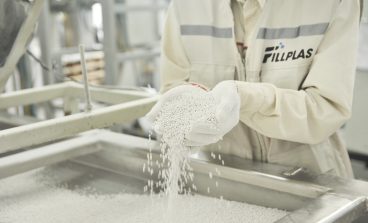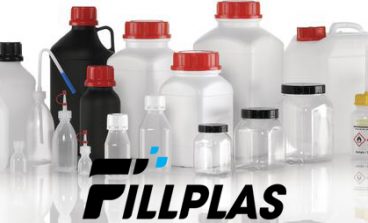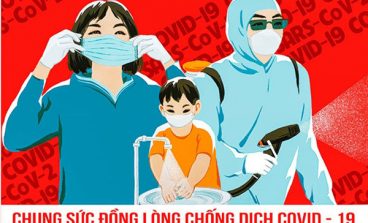
Introduction
Only 10-15 % of collected waste in Viet Nam is reused or recycled.
A new Zero Plastic Waste City project will model local solutions.
The project is centred on a social business-driven approach.
The chosen pilot city will be announced later in 2020.
Five South-East Asian countries are responsible for more marine plastic waste leakage than the rest of the world combined – and Viet Nam is one of them. While the Mekong River plays a crucial role in the socio-economic development of the region; it also ranks among the 10-most impactful sources of global marine litter.
The main causes behind Vietnamese land-based marine litter can be attributed to a combination of rising consumption and poor national waste management. Alongside Viet Nam’s rapid economic development over the past decades; the country’s solid waste generation has also increased consistently at annual rates of around 10%. Only about 10-15% of collected waste in Viet Nam is reused or recycled; much of the remainder is sent to dump sites and incineration facilities; underlining the necessity of more sustainable approaches to solid waste management in the country.
Plastic in Vietnam 2020
With currently more than 2,000 small-scale enterprises and high industrial growth rates; plastic recycling constitutes a very promising industry in Viet Nam. However, until recently, most of the plastic material recycled in Viet Nam was imported from other countries such as China. In an effort to avoid a dramatic increase of global waste streams to the country; the Vietnamese government banned the import of material for recycling in 2018, an act that has boosted demand for recyclable domestic plastic waste. Accordingly, the most severe barriers that hinder an improvement in Vietnamese plastic waste management are found in the inadequate or non-existent disposal, collection and segregation of waste at household and provincial level. Due to insufficient investments in waste recycling technologies and resources; most Vietnamese provinces are not adequately equipped for the separated collection of waste at source.
On-the-ground studies show that neighbourhoods that enjoy regular waste collection benefit from an effective and cost-efficient service. However, many communities remain unreached by regular collection services. In response, local households dispose of their municipal waste independently via measures such as incineration or dumping. While these informal and uncoordinated activities not only cause harmful direct effects such as air pollution and the spread of mosquitoes; they also indirectly foster marine litter along the entire Mekong Delta.
A New Era
It is precisely against this backdrop of much-needed capacity building in strategic municipal waste segregation, collection and recycling that the Zero Plastic Waste City project was initiated as a collaboration between The Grameen Creative Lab and The Alliance to End Plastic Waste. Consisting of a modular social business approach; the programme aims to increase the waste collection rates of currently unconsidered waste types; and increase the amount of waste being reused for new purposes; while simultaneously empowering local waste pickers.
The modular approach allows for the development of a social business based on the needs of local communities as well as the gaps in the waste value chain; and which is integrated into the existing ecosystem of local waste management stakeholders. Social businesses – a concept developed by Nobel Peace Prize Laureate and co-founder of The Grameen Creative Lab; Muhammad Yunus – base their business activities not on the maximization of profits; but on solving their customers’ specific social or environmental problems. They combine the best of two worlds: the social mission of a charitable organization; with the business acumen of traditional for-profit businesses; ensuring long-term financial self-sustainability.
Conclusion
To ensure the successful implementation of the Zero Plastic Waste City approach in terms of both a long-lasting socio-environmental impact within the project region as well as a contribution to the global effort to reduce marine plastic litter; the project’s specific locations will be identified according to a variety of factors such as their proximity to rivers or the sea, and a current high volume of solid waste leakage. Furthermore, in order to specifically target municipal waste collection schemes; the project will be primarily implemented in small and medium-sized urban areas. In Viet Nam, these criteria should ensure a high probability of success for the Zero Plastic Waste City program. Furthermore, the project is potentially scalable along the entire Mekong Delta as well as through an extensive local network of partner organizations.
Contact us at info@fillplas.com



